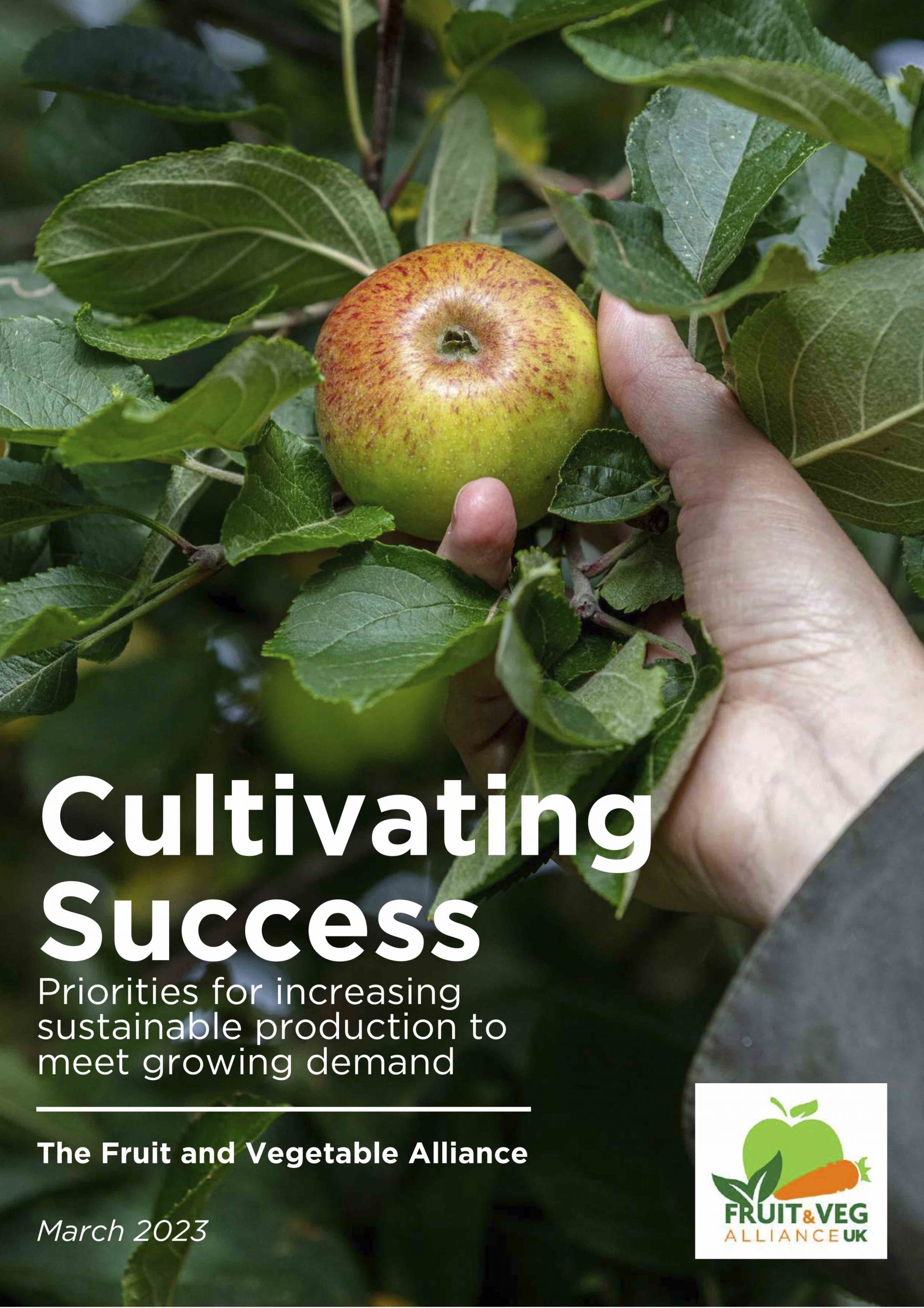At the request of Defra, over winter 2022-2023 the LWA worked as part of the Fruit and Vegetable Alliance (FVA) on a paper to agree our joint priorities. This was in preparation for the Horticulture Strategy which Defra announced last year in the Government Food Strategy that they would be publishing in 2023.
Creating these joint priorities was a challenging task, due to the varying visions of organisations in the FVA (which range from the NFU and British Growers’ Association to the Soil Association and CSA Network) on the best future direction of horticulture.
We did, however, manage to find consensus on a number of matters, and our joint priorities can be read in the document, Cultivating Success: Priorities for increasing sustainable production to meet growing demand.

In short, we were able to agree that:
- We need to produce a lot more vegetables and fruit in the UK and reduce our reliance on imports from water scarce countries.
- Due to cost price increases, labour uncertainties and trading practices within the supply chain, many growers are struggling to remain viable, and are reducing rather than increasing their cropped area. Supply chain fairness must be addressed.
- A healthy environment is essential to maintain our capacity to grow vegetables and fruit in the UK and should be protected and regenerated through an adequately resourced Environmental Land Management Scheme.
When the Agriculture Minister, Mark Spencer, abandoned the plan to create a horticulture strategy, the FVA withdrew from the Edible Horticulture Roundtable, as we and the rest of the alliance believe that a strategic approach to horticulture is essential to prevent further decline of the sector.
In the meantime, LWA is working with other organisations to investigate ways to progress our vision of every city, town and village having access to a network of market gardens and farms to supply affordable and fresh agroecological produce.

